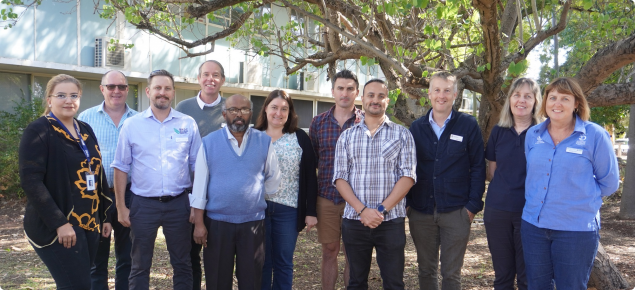Start date: 10/06/2022
Finish date: 30/06/2025
Description:
Sound disease management strategies are required for growers to minimise the impact of Rhizoctonia in the LRZ and MRZ of the Southern and Western regions and SWNSW.
Grower Network members indicated that it was a serious issue with observations that every paddock has some level of Rhizoctonia damage. A recent situation analysis of wheat diseases in the Western region indicates that yield loss due to Rhizoctonia was up to 20% in northern Kwinana West, Kwinana East and Esperance port zones.
An integrated and cost-effective approach of cultural, chemical and biological management strategies needs to be developed as genetic solutions do not exist for Rhizoctonia.
Whilst some fungicidal solutions are available, they are not economically viable. A greater understanding of the true economic impact of Rhizoctonia and thus thresholds for disease management solutions, and alternative disease control options are required for the LRZ and MRZs.
This project will:
- Provide knowledge on the economic impact of Rhizoctonia for growers in the LRZ and MRZ of the Southern and Western regions and SWNSW
- Provide new knowledge on Rhizoctonia, such as the impact of earlier drier sowing and herbicide interactions on the disease epidemiology,
- Explore cost-effective and practical alternative management strategies (cultural and biological) ensuring the development of disease risk and management strategies that are practical and economical for growers to reduce the impact of Rhizoctonia in the Southern and Western cereal growing regions.
Funding partner:
GRDC
Project code:
DAW2206-006RTX

